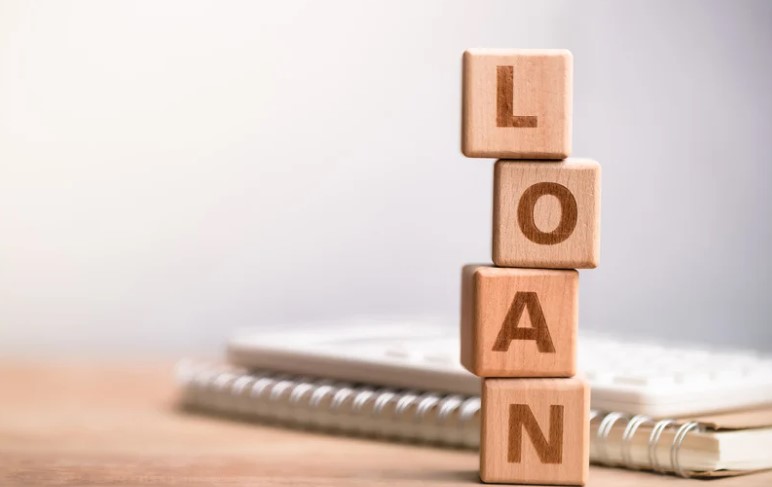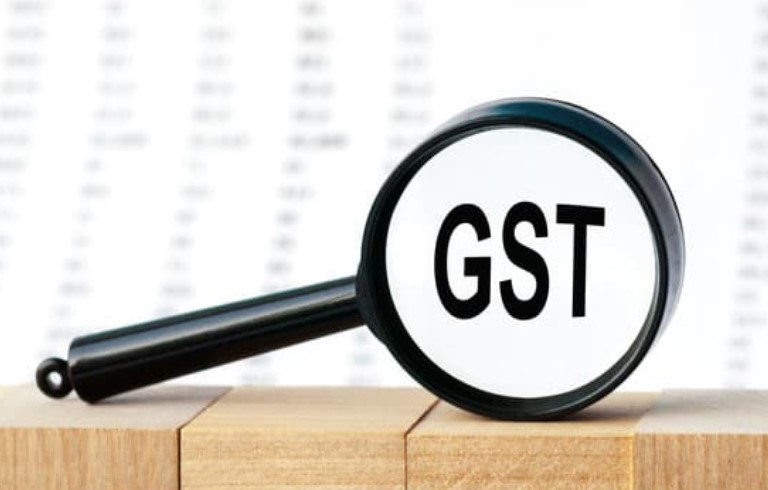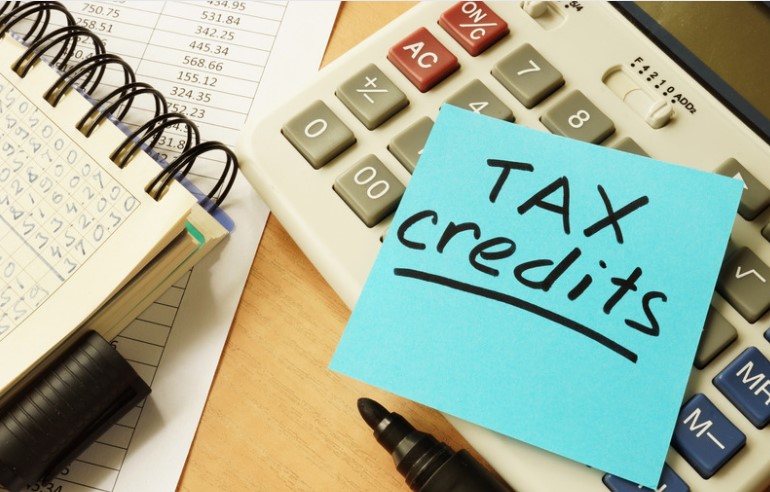Are unexpected expenses giving you sleepless nights? Do you need quick financial assistance to tackle urgent situations? If so, emergency loans in Canada might be the solution you’re looking for! These short-term personal loans are designed to provide fast cash when you need it the most. Whether it’s a sudden car repair, a broken appliance, or overdue bills piling up, emergency loans can help alleviate your financial stress and give you the peace of mind you deserve. In this blog post, we’ll explore how to get emergency loans in Canada and guide you through the application process step by step. So let’s dive in and discover how these loans can be your lifeline during times of crisis!
What are Emergency Loans?

Emergency loans, as the name suggests, are a financial lifeline for those facing urgent situations. These short-term personal loans are specifically designed to address immediate needs when time is of the essence. Unlike traditional loan applications that can take days or even weeks to process, emergency loans offer swift approval and funding.
Many lenders provide emergency loan options in Canada, making it easier for borrowers to access the funds they need quickly. The repayment terms for these loans typically range from one to two months, allowing borrowers to repay the amount borrowed within a relatively short period.
It’s important to note that while most emergency loans have shorter repayment periods compared to other types of short-term lending, there are alternative options available with slightly longer payback periods. This flexibility ensures that individuals can choose an option that best suits their financial situation and ability to repay.
Emergency loans serve as a crucial resource during times of financial distress. With fast application processing and various repayment options available, these loans provide the necessary support when faced with unforeseen circumstances. So if you find yourself in need of quick cash for pressing matters, consider exploring the world of emergency loans in Canada!
Advantages of Getting Emergency Loans?
Emergency loans offer numerous advantages that can be a lifesaver in times of financial need. One major benefit is the quick access to funds when you find yourself facing unexpected expenses. Whether it’s a broken appliance, a car repair, or overdue bills piling up, emergency loans provide the necessary cash on the same day you apply.
The speed at which these loans are processed is impressive. In some cases, lenders can even transfer the money within 15 minutes after approval. This immediate availability ensures that you can address your urgent financial obligations without any delay.
Another advantage of emergency loans is that they do not solely rely on your credit history for approval. So even if you have less-than-perfect credit, you still have an opportunity to secure funding during times of crisis without worrying about negative consequences.
Furthermore, by making regular payments towards your emergency loan, you have the chance to improve your credit score over time. This means that beyond solving immediate financial emergencies, these short-term loans contribute positively to building a stronger credit profile for future endeavours.
Who is Eligible for Emergency Loans?

To qualify for an emergency loan in Canada, there are a few basic eligibility criteria that you need to meet. You must be a permanent resident or citizen of Canada. This ensures that the lenders are providing loans to individuals who have legal status in the country.
Additionally, you need to be at least the age of majority in your province or territory to apply for a loan. The age of majority varies across Canada, with most provinces setting it at 18 years old and some requiring applicants to be 19 years old or older.
These requirements help ensure that borrowers are responsible adults who can enter into legal contracts and understand their obligations when taking out a loan. It also provides a level of assurance to lenders that they are dealing with individuals who have reached the age where they can make informed financial decisions.
By meeting these eligibility criteria, you open up opportunities for obtaining emergency loans when unexpected situations arise. Remember to always check the specific requirements set by different lenders as they may have additional criteria beyond what is mentioned here.
How to Get Emergency Loans?
When it comes to applying for emergency loans in Canada, there are a few steps you need to follow.
- The First step is to get all of the required documentation together. While each lender may have their specific requirements, there are some common details that you’ll typically need to include on your application.
- These details usually include your full name, date of birth, home address, and email. You’ll also need to provide your Social Insurance Number (SIN) and employment information. It’s important to disclose information about any other debts or liabilities you have, such as mortgage or car payments.
- In addition to these personal details, you’ll also need to state how much cash you wish to borrow and give permission for the lender to check your credit report and payment history. This helps them assess your financial situation and determine if they can approve your loan request.
- If you’re applying for a personal emergency loan specifically, there are a few additional documents that will be required. These typically include at least one piece of government-issued photo ID (like a passport or driver’s license), bank statements from the past 60 days, a recent pay stub or letter from your employer as proof of income, and a pre-authorized debit form or VOID cheque.
- Once you’ve gathered all the necessary documents ready for submission, the next step is applying for the loan itself. Depending on whether the lender has an online platform or physical office location available, you can choose between an online application or an in-person visit.
- To ensure that you secure the best rates and terms possible when applying for an emergency loan in Canada, it’s always wise to compare loan offers by getting pre-approved beforehand. Once you’ve decided on a lender that meets your needs and preferences, complete their loan application process by providing all the required documentation.
- After submitting everything correctly and accurately check out with regards to their approval criteria based on provided information like credit score etc., if approved by lenders then you’ll receive a notice of approval. From there, all that’s left to
How to Choose an Emergency Loan Lender?

When it comes to choosing an emergency loan lender, the right decision can make all the difference in your experience. With the best lender on your side, you can handle your emergency quickly and efficiently, giving you peace of mind that you’ve made a sound choice. However, before making a final decision, it’s crucial to do some research and consider a few key factors.
First and foremost, be wary of lenders who promise the world. Legitimate loan companies have criteria and procedures that need to be followed; they won’t ask you for payment upfront. So, if something seems too good to be true, it probably is.
Doing a quick Google search for reviews is another excellent way to gauge the reputation of potential lenders. Reading feedback from other borrowers can provide valuable insights into their experiences with different lenders.
Affordability is also essential when selecting an emergency loan lender. Make sure you carefully evaluate whether or not you’ll be able to comfortably manage the monthly payments without straining your budget further.
Understanding the total cost of the loan once it’s fully paid off is vital. Reviewing all terms and conditions will ensure there are no surprises down the line.
By considering these tips and doing your due diligence in choosing an emergency loan lender wisely, you’ll be well-equipped to navigate any financial emergencies that come your way with confidence and ease.
Conclusion
In times of financial emergencies, having access to quick and reliable funding can make all the difference. Emergency loans in Canada provide an effective solution for individuals who find themselves in urgent need of cash. Whether it’s unexpected home repairs, overdue bills, or unforeseen medical expenses, these short-term personal loans offer a lifeline during challenging times.
The advantages of emergency loans are evident. They provide fast access to money when you need it most. With the ability to receive funds on the same day of application or even within minutes, you can address your pressing financial needs without delay. Furthermore, emergency loans do not rely solely on your credit history, allowing individuals with less-than-perfect credit scores to secure the funds they require.
To be eligible for an emergency loan in Canada, you must be a permanent resident or citizen and meet the age requirements set by your province or territory. Gathering necessary documents such as identification proof, bank statements, pay stubs or employment verification is essential before applying for a loan.
Choosing the right lender will enable you to navigate through financial emergencies efficiently while providing peace of mind knowing that you’ve made an informed decision.
In conclusion, emergency loans in Canada offer timely assistance when unexpected circumstances arise. By following simple steps such as gathering required documents and selecting a trustworthy lender that fits your needs, securing immediate funding becomes much more manageable.
FAQs – How to Get Emergency Loans in Canada?
1. How do I get emergency cash in Canada?
There are a few ways to get emergency cash in Canada:
- Borrow from friends or family: This is often the easiest and quickest way to get emergency cash. However, it’s important to make sure you can repay the loan, as this could damage your relationship with the person you borrowed from.
- Use a credit card: If you have a credit card with a high enough limit, you can use it to withdraw cash from an ATM or make a purchase and then get cash back. However, be aware that credit card cash advances come with high interest rates, so this should be a last resort.
- Get a payday loan: Payday loans are short-term loans that are typically repaid within two weeks. Since they have high interest rates, they ought to be reserved for absolute necessity.
- Get a personal loan: Personal loans are longer-term loans that have lower interest rates than payday loans. However, they still require good credit, so you may not qualify if you have bad credit.
- Get an emergency loan from your bank: Some banks offer emergency loans to their customers. These loans typically have lower interest rates than payday loans, but they may still require good credit.
- Get a government loan: There are a few government programs that can help you get emergency cash, such as the Canada Emergency Response Benefit (CERB) and the Canada Emergency Wage Subsidy (CEWS).
2. How can I borrow money fast for emergency?
The quickest way to borrow money for an emergency is to use a credit card or get a payday loan. However, it’s important to be aware of the high interest rates and fees associated with these options.
If you have good credit, you may be able to get a personal loan or an emergency loan from your bank more quickly than other options. However, these loans may still take a few days to process.
3. What is the easiest way to borrow money in Canada?
The easiest way to borrow money in Canada will depend on your circumstances. If you have good credit and need a small amount of money quickly, a personal loan may be a good option. If you have bad credit or need a larger amount of money, you may need to consider a payday loan or an emergency loan from your bank. It’s important to compare the different options available to you before you borrow money. This will help you find the option that is best for you.
4. Will my bank give me an emergency loan?
Whether or not your bank will give you an emergency loan will depend on your circumstances. Some banks have specific criteria that you must meet to qualify for an emergency loan. These criteria may include having good credit, having a history of banking with the institution, and having a steady income.
If you are not sure whether or not your bank will give you an emergency loan, you should talk to a banker. They will be able to assess your situation and tell you if you are eligible for a loan.











